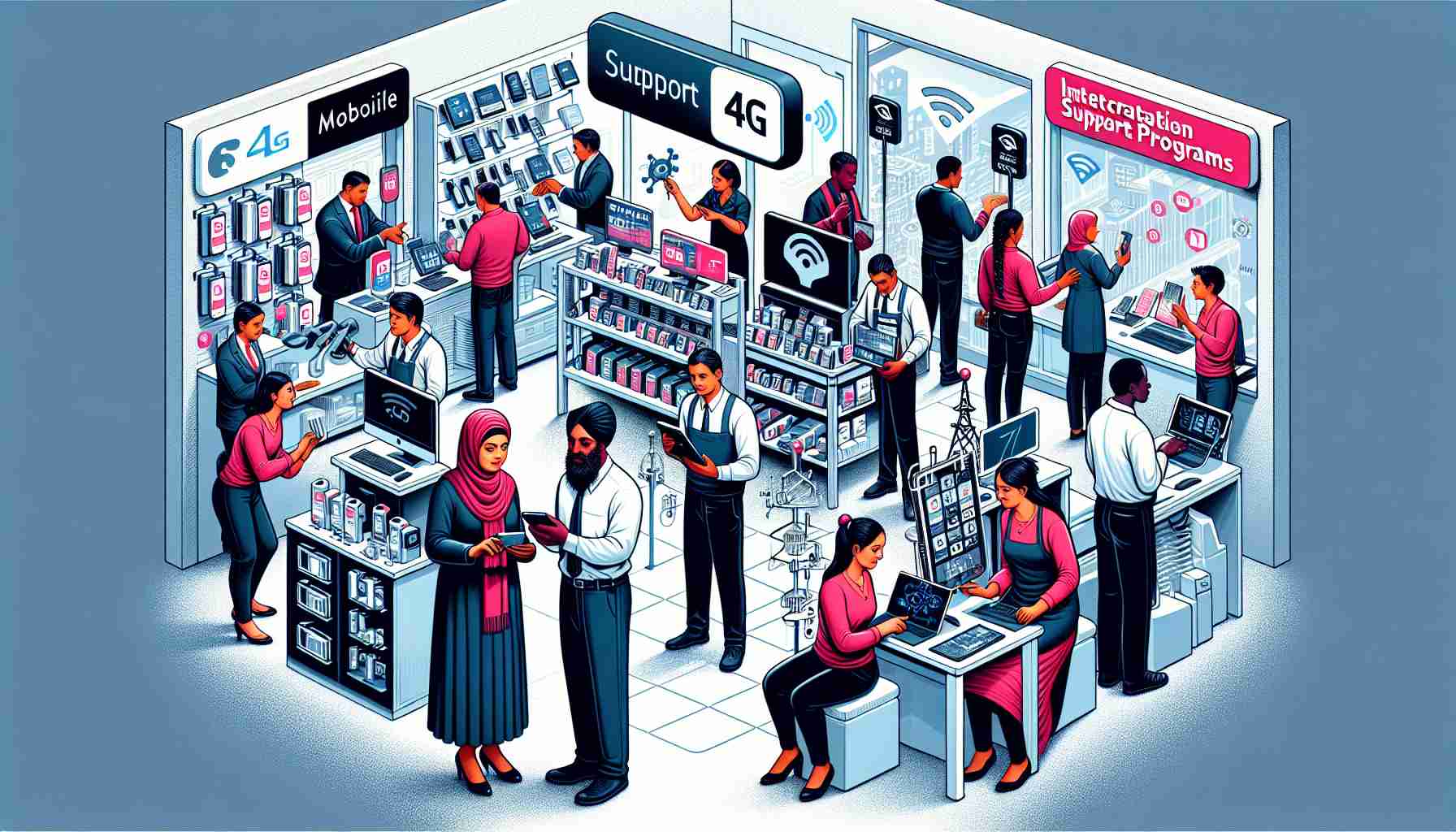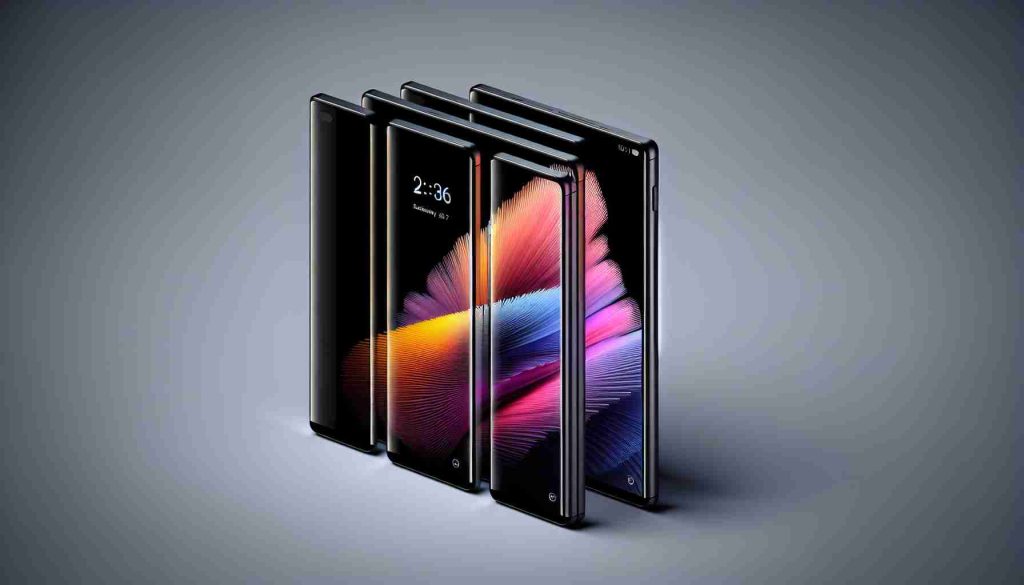Beginning in July 2024, with the announcement from the Ministry of Information and Communications regarding the discontinuation of 2G services, mobile retailers are proactively implementing support strategies for consumers making the switch to 4G technology. In Thanh Hóa, for example, Cellphones has introduced a selection of feature phones that support 4G, priced affordably between several hundred thousand to 1.5 million dong. This initiative includes a campaign titled “Trade in 2G Phones for 4G Solutions,” designed to assist users looking to upgrade from older devices to smartphones.
The store manager noted that sales of 4G phones have significantly increased over the past two months, reporting a rise of approximately 30-40% in such transactions. The retailer is also rolling out attractive promotional offers to encourage customer participation. This surge in demand for 4G devices coincides with an escalation in fraudulent activities surrounding the sale of substandard 4G phones.
To tackle this issue, market regulatory authorities are intensifying inspections and collaborating with mobile phone retailers to ensure that quality 4G devices reach consumers. To avoid purchasing subpar devices, customers are strongly advised to buy from official distribution channels or reputable stores, ensuring they receive the quality they expect as they transition to the new technology.
The Transition to 4G Technology: Mobile Stores Step Up Support Initiatives
As the July 2024 deadline for discontinuing 2G services approaches, mobile retailers are aggressively stepping up their support programs to facilitate the transition to 4G technology. This initiative is critical not just for consumers but also for the mobile industry, as it seeks to provide clarity and assistance in a rapidly changing landscape.
What are the key challenges associated with this transition?
The transition to 4G is not without its challenges. One of the most significant hurdles is the digital divide, particularly affecting older populations or those in rural areas. Many of these individuals may not have experience with smartphones or understand how to operate them. Additionally, there is concern over how the discontinuation of 2G services will affect those who rely on older devices for basic communication.
How are mobile stores addressing customer concerns?
In response, mobile stores are rolling out comprehensive support programs to address these concerns. These include workshops that teach customers how to use new devices, detailed guides that outline the benefits of 4G services, and personalized customer service to assist those unfamiliar with the technology. Retailers are also offering cash incentives for trading in old devices, easing the financial burden of upgrading.
What are the advantages and disadvantages of this transition?
The advantages of transitioning to 4G are substantial. 4G technology offers higher data transfer rates, improved call quality, and access to a broader range of applications. This can enhance productivity and connectivity for users, particularly in urban areas where mobile networks are robust.
However, the disadvantages must also be considered. The elimination of 2G services can lead to a temporary loss of connectivity for some users, and the introduction of 4G services may lead to higher service costs in certain markets. Moreover, as mobile phone manufacturers phase out 2G-compatible devices, users may feel pressured to invest in more advanced smartphones sooner than they anticipated.
What are the controversies surrounding the transition?
Controversies exist regarding the pace of the transition and the accessibility of new technology. Critics argue that moving too fast could leave vulnerable populations disconnected, particularly those who rely on cheaper 2G phones for essential communication. Others raise concerns about the environmental impact of increased electronic waste as consumers upgrade their devices.
What measures are in place to combat fraud and ensure quality?
The rise in fraudulent activities related to low-quality 4G devices is another pressing issue. Mobile retailers and market regulatory authorities are implementing stricter measures to combat these illegal practices. Enhanced inspections, collaboration with reputable manufacturers, and campaigns educating consumers about authentic products are key strategies being employed. Customers are encouraged to report suspicious sales practices and to always purchase from authorized dealers.
In conclusion, the transition to 4G technology represents a significant shift in mobile communication that brings both opportunities and challenges. As mobile retailers prepare for this change, focusing on consumer education and support will be critical in ensuring a seamless transition.
For more information on technology transitions and mobile services, visit Telecom Regulatory Authority.























